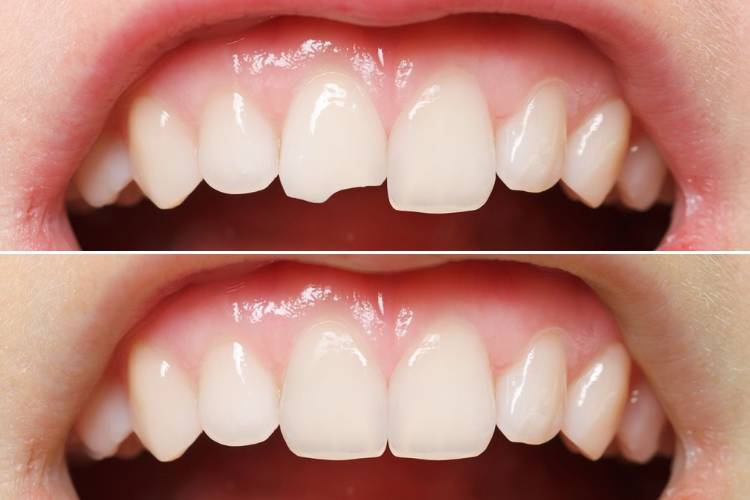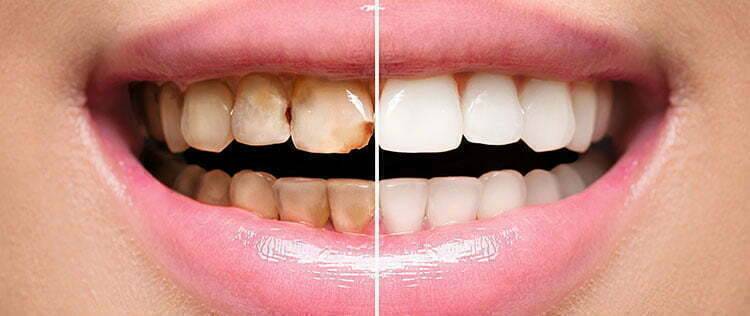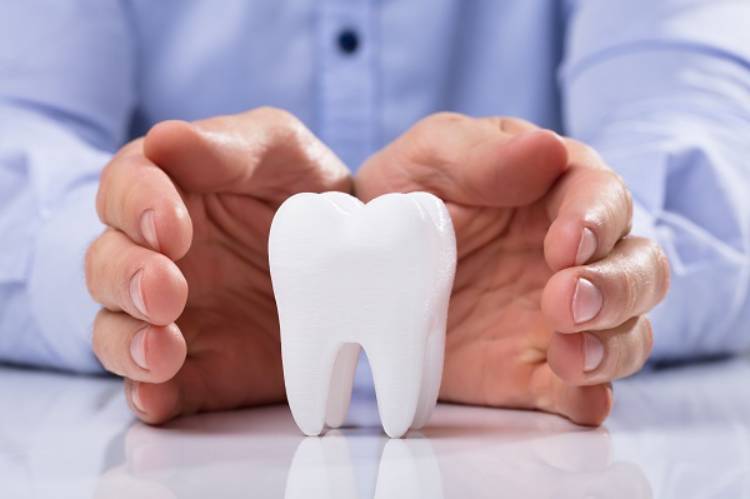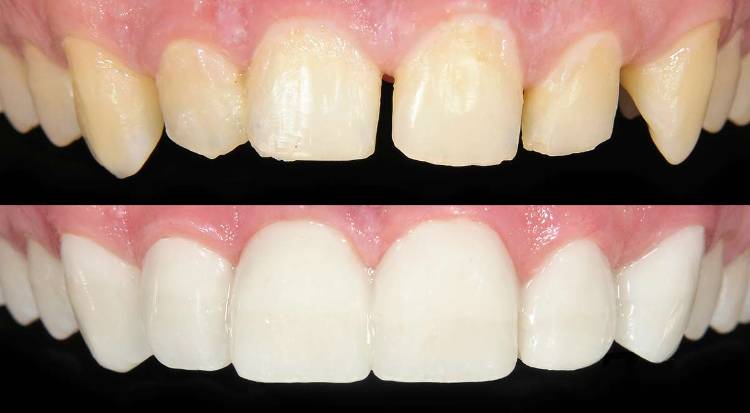
Some procedures in dentistry might get covered, but some others are not. As an insured party, you should be careful before taking any action. One of the procedures is dental bonding. However, does insurance cover dental bonding procedures?
Many people wonder if this restorative procedure can be insured or not since it is more like an aesthetic procedure. It is quite expensive because it is a cosmetic procedure, yet it can change your life. Find out more information here about its coverage in any insurance.
What is Dental Bonding

Dental bonding is the procedure where the patient will get resin on their teeth to cover existing teeth. It is an aesthetic procedure and is categorized as a non-urgent case in dentistry. However, this case can be the result of an accident. The patient usually loses their confidence to smile.
This procedure can be a great solution for those people who have unnatural-looking teeth. Though it is not as expensive as other aesthetic procedures in dentistry, it will be worth it if the insurance company can cover it. You have to check the policy since the terms can be different.
The Treatment Under Dental Bonding

1. Repairing decayed teeth
Some dentists will do dental bonding procedures instead of removing decayed teeth. It is relatively easy as long as there is no teeth issue in general. They will put resin inside the decayed teeth. After that, they use a sharpener to make the teeth look more natural.
2. Recoloring
The color of the teeth can change because of eating and cleaning habits. It usually looks yellow and one of the procedures that you can use is dental bonding. Dentists will recommend doing this procedure so the teeth look more natural. The bonding will use resin.
3. Fixing tooth size
The size of the tooth can be fixed under a dental bonding procedure. It is fast by putting resin and sharpening using dental tools. Some people also have natural teeth where the size grows differently. To make it longer, dental bonding is the solution. However, the insurance company might reject this claim.
4. Closing the gap between teeth
Because of certain habits or genetics, some people have teeth with gaps. It makes people have less confidence and insecurity. The procedure they can take is dental bonding because the result will be good. The dentist will hide the gap using resin. If the reason is an accident, the insurance company may cover it.
5. Protecting the root of the tooth
It is important to protect the root of the tooth. Exposed root teeth will create a painful sensation in your gum. You may not be comfortable because of this. Dental bonding is the solution to this problem. When it is urgent, you will get insured for this procedure.
6. Fixing overcrowding
Overcrowding in the mouth is one of the cases in dentistry. It can be painful for some people because the tooth will be worn down. To prevent this case, you can go for dental bonding and the main aim is matching one tooth with another tooth.
7. Filling alternative
The most durable filling is amalgam. However, this option causes headaches for some people because amalgam is from metal. Dentists may ask you about your sensitivity level. Resin can be a good replacement and this procedure is also a dental bonding.
The Cost of Dental Bonding

The cost of dental bonding procedures will vary. It depends on how many teeth you will get from this procedure. Usually, dentists will charge you from $300 to $600 per tooth. The location where you get dental bonding is also the biggest factor in how much the budget you will spend.
It can be cheaper if the procedure is minor. You may not find it a huge problem if you spend the cost from your pocket. However, dental bonding can be the procedure after an accident. Consult your insurance company to make sure that this procedure is under the policy.
Also Read:
Does Insurance Cover Dental Bonding?

Whether or not the insurance cover dental bonding, will depend on the case you experience. The urgency is the factor that will be the priority of the adjuster to determine whether you will get covered or not. Should the case be from an accident, the adjuster may consider to get insured.
On the other hand, insurance companies will not cover any procedures that are related to aesthetics and cosmetics. Since dental bonding is part of aesthetic procedure, it can be harder for you to claim the payout. Check the policy you purchase from the company under the dentistry procedure.
Finding Out Coverage in Dentistry from an Insurance Company

1. Get information immediately
Before purchasing insurance, you have to know the concept of insurance itself. Some companies only cover medical procedures and exclude dentistry even though the procedure is a non-aesthetic. Dental bonding is one of the aesthetic procedures that most insurance companies will not cover.
You should ask the company first before getting this procedure if you do not want to spend your own money. It is easy for the insurance company to deny the claim because dental bonding is more for cosmetic, not an urgent case.
2. Find a better plan
In case you are afraid that the insurance company will not cover your plan for dental bonding, you have to seek out a better plan. Ask your insurance company’s agent for any cosmetic procedure that relates to your issue. After that, find a dentist who can do the procedure with insurance.
3. Find a pre-authorization procedure
If your insurance company does not cover dental bonding, check the policy of yours. Some treatments in dentists might be mentioned there and some pre-authorization plans to fix your issue. It is not going to make you pay more.
4. Explore many options
The agent might offer you some options and it is a good idea to follow. This step is important if you insist on getting covered by the insurance company to fix the problem in your teeth.
Wondering if the insurance cover dental bonding will get covered or if you can consult with your insurance company agent. Mostly, this procedure is not covered because it is categorized as an urgent case. However, the steps above may help you to lower the cost that you spend from your pocket.

